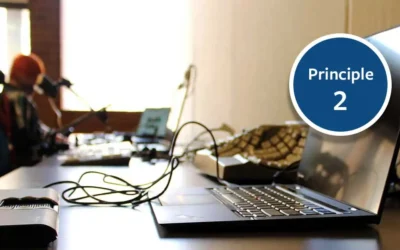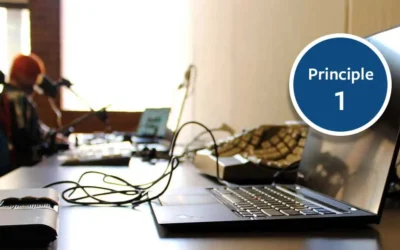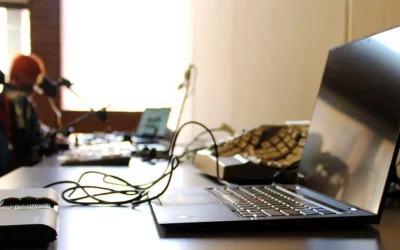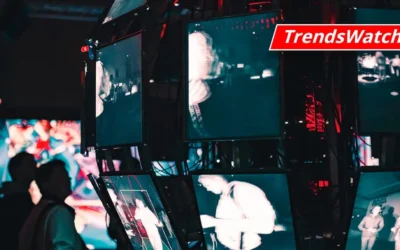How to Increase Museum Conference ROI

Rachael Cristine Woody
Tight operation budgets mean limited conference funds and staff have to think hard about which conferences they’re going to attend that year. While there are some ways to alleviate conference attendance cost (as discussed in a previous post How to Conference on a Museum Budget) it’s still going to be a chunk of change.
This is especially true if you’re attending a national or international conference far from the museum’s home base. Some museum professionals have learned through trial and error which conferences they prefer to attend. Though it’s important to note that conferences change their offerings every year, and every year you should reevaluate conference opportunities. Others commit to whichever conference opportunities come up first before the conference budget runs out. Instead, I recommend conducting a small ROI (Return on Investment) investigation into each conference opportunity to evaluate which conferences will give you the biggest ROI.
The following are four prompts to help you think about museum conference ROI to make the best decision for your time and the museum’s money.
1. Why are you going?
Conference attendance should be purposeful and not by rote. Review the content of the conference and sessions, and evaluate the opportunity for presenting, networking, tours, and workshops. Is there a compelling case for your attendance due to the content, education offered, and professional networking or development prospects? Or is the conference focused on a theme that isn’t as applicable to you? Are the conference sessions and workshops ones that you’ve already attended or don’t need to attend given your interest and job scope?
2. Are there other opportunities while you’re there?
Depending on where the conference is located, there may be additional, outside opportunities for research, professional development, and meeting with donors or colleagues. Can you add on benefits to attending the conference that may have nothing to do with the conference itself? Having face to face time to develop relationships with people in other regions can be immensely helpful to future museum partnerships, grant work, career building, and so on. What opportunities can you create for yourself while you’re there that would increase the conference’s ROI?
3. Can you move the museum’s agenda forward by attending?
If the museum needs to find partners for a project, an expert to consult, or an activity to promote—can it be done at the conferences you’re considering? Is there an expert you’ve been trying to contact or a group of museum staff you wish you could have a conversation with? It can be really hard to catch the attention of fellow museum professionals, especially when it’s a cold call or email. Conferences are one of the best ways to informally engage these people for a conversation to see if there’s traction on opportunities to work together.
4. Is it more appropriate for another colleague to attend?
I’ve seen museums send several members of staff to the same conference not because it would be useful for all staff to attend, but because it was routine to go to a “must attend” conference. If this is a knee-jerk reaction then it should be evaluated. Often the conference is more applicable to one staff person versus another. Additionally, one staff person attending the conference can report back on any sessions of interest to others. If there are only one or two sessions that seem applicable for a staff person, the ROI simply isn’t there for that conference. Instead, send them to another conference where their ROI is much higher. Then you’ll have multiple staff members able to report back on more than one conference.
A return on investment will be different for everyone and it’s not an exact science in the way I suggest you apply it. However, the decision to attend a museum conference should be made based on multiple factors, the top of which is: “How worth it is it for me to attend this conference?” If there isn’t a list of reasons as to why you should go, it’s time to move on and assess a different conference’s ROI.

Rachael Cristine Woody
Similar Posts
Museum Collections Online with Accessibility Principle 2: Operable
Compliance with WCAG Version 2.1 Principle 2: Operable
Museum Collections Online with Accessibility Principle 1: Perceivable
Compliance with WCAG Version 2.1 Principle 1: Perceivable, affecting information published from museum CMS to an online portal; expert guidance
Accessibility Standards for Museum Collections Online
A museum’s compliance with the ADA Title II 2024 update has benefits for its online content and for the museum’s community of users.
Museum TrendsWatch 2024: Digital Twins and Doom Loops & Combatting the Loneliness Crisis
Digital Twins is the construction of a digital surrogate for a person, place, or thing—one of several new concepts and trends in the museum sector.



